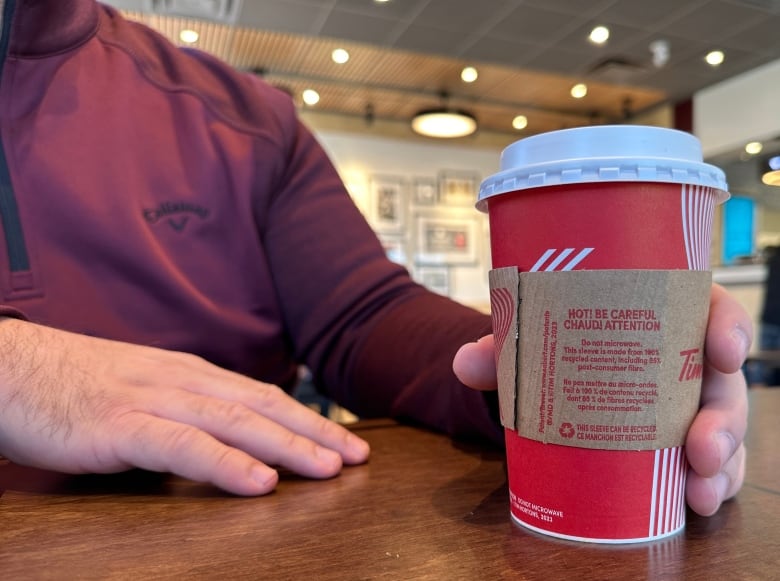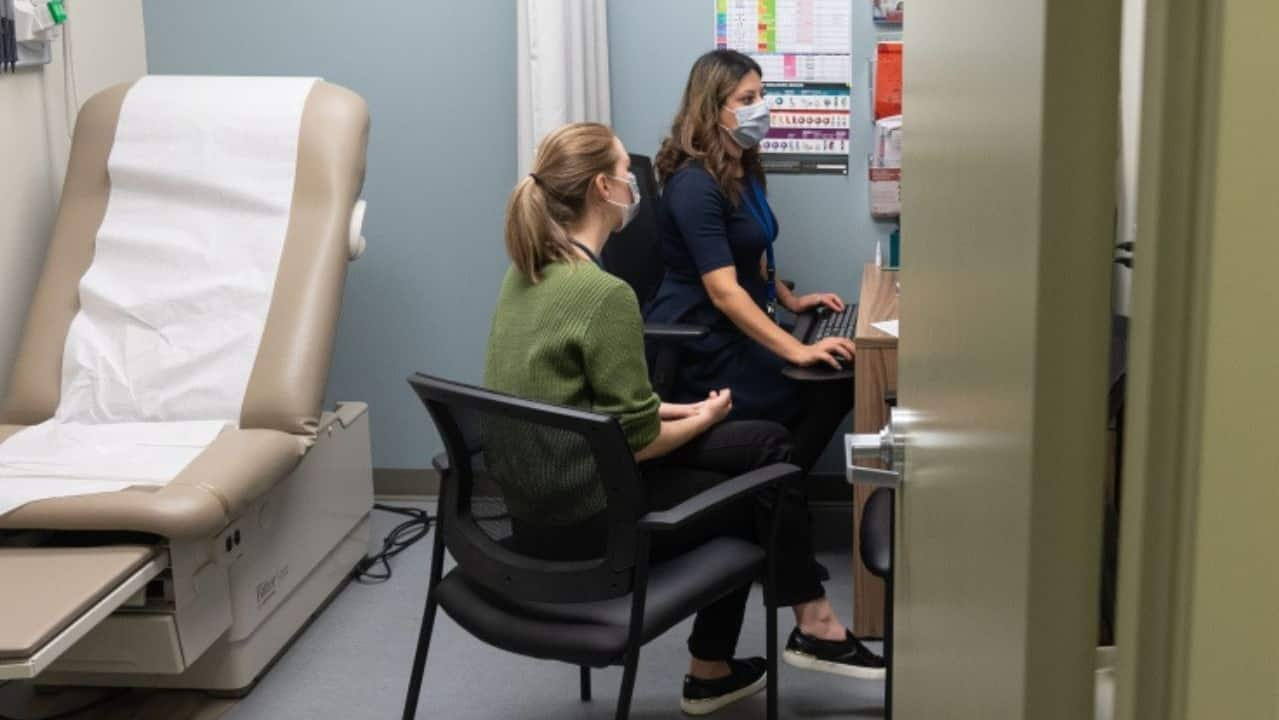
Dr. Ivan Escudero is ready to care for hundreds of Hamilton-area residents who’d otherwise be without a family physician.
He has the qualifications — completing his residency and getting his licence to practise in the U.S., and then passing Canada’s certification exams.
He said he also has multiple job offers from clinics across the southern Ontario region where he’d likely care for roughly 1,500 patients within a year of practice, he said.
What’s standing in Escudero’s way is Canada’s medical licence labyrinth — a multi-agency, multi-step bureaucracy that’s taken seven months and counting to process his application so he can work in his home country.
“It hurts,” said Escudero. “I see people that don’t even have a voice for their concerns, and that’s the whole purpose of a family physician. Being a resource to say, ‘Hey, I can help you with your medical needs.'”
In Ontario, 2.3 million people don’t have a family doctor, including over 55,000 in Hamilton. Both numbers are expected to double by 2026, according to the Ontario College of Family Physicians.
Some communities in Ontario are turning into ‘doctor deserts’ due to a spike in retirements of family physicians and not enough young physicians to replace them. The CBC’s Mike Crawley zeros in on the crisis in a province where 1.8 million people don’t have a family doctor.
Family doctors in Hamilton are retiring, many graduates aren’t entering family medicine and some family doctors are thinking about leaving the field, McMaster University’s chair of family medicine Dr. Cathy Risdon previously told CBC Hamilton.
She described the situation as “terrifying.”
Over a year ago, the Ontario College of Family Physicians released recommendations on how to ease the shortage. They include fast-tracking foreign-trained doctors to practise in the province.
Doctor ‘stuck in limbo’ for months
As far as Escudero is concerned, fast-tracking isn’t happening.
He said his application process has been riddled with “ridiculous” red tape and he’s “stuck in limbo” despite his best efforts. His experience is also supposed to be simplified, as he trained in the U.S. — one of four countries Canada waives some requirements for.
After completing his undergraduate degree at Toronto’s York University, Escudero studied at the Saint James School of Medicine in the Caribbean and applied to residencies in Canada. He said he didn’t get a single interview, but wasn’t ready to give up his dream of becoming a family doctor.
He turned his attention to residencies in the U.S. and was accepted to his top choice, a clinic in Detroit.
Escudero finished the three-year medical program last year and became licensed to practise in the U.S., but he wanted to be in Canada.
“Canada is my home and that’s where the heart goes,” Escudero said.
He’s seen how difficult it is for his parents, who are seniors and live in Binbrook, to access primary health care.
Escudero believes international medical graduates are part of the solution to the doctor shortage, and wants to help others obtain a Canadian licence.
“I want to break down these barriers.”

In July, Escudero began the process to get his Canadian licence through the Medical Council of Canada (MCC) — a national, independent organization in charge of evaluating medical graduates.
As part of its standard procedure, MCC needed to verify he had completed his residency. Escudero said that’s when he ran into trouble.
CBC Hamilton reviewed emails between Escudero and the various organizations involved that show how it played out.
First, it took MCC five months to send Escudero’s verification request to the Educational Commission for Foreign Medical Graduates (ECFMG), which is charge of verifying residencies in the U.S. Escudero said he was never told why it took that amount of time.
In November, the ECFMG sent an email request to his residency program to confirm he had completed it, but from there, the process stalled again, said Escudero.
It took him multiple phone calls and emails to figure out the issue — ECFMG had the wrong email address on file.
On Jan. 31, ECFMG successfully emailed the Detroit clinic and staff verified his residency training the same day.
When asked about Escudero’s case, ECFMG spokesperson Elizabeth Ingraham said while the organization tries to verify residencies as soon as possible, it depends on “a number of factors,” but didn’t elaborate on what they may be.
Escudero had to wait another two weeks for MCC to give the final approval of his residency verification, which came on Friday — a day after CBC Hamilton reached out to the organization for comment.
In a statement, MCC said its assessment process ensures physicians are qualified and patients are cared for safely. It also noted it processed 13,300 verification requests last year.
Ottawa has provided MCC millions of dollars
That’s not the end of the process for Escudero, however.
He has now applied to another organization, the College of Family Physicians of Canada (CFPC), for an eligibility letter. CFPC sends that letter to the provincial regulator, the College of Physicians and Surgeons of Ontario, usually within a week and a half, said spokesperson Courtney Vaz.
The provincial regulator grants the licence, but said the average processing time is over three months. It then sends it back to CFPC, which takes about two weeks to complete the certification process.
“The red tape and bouncing back and forth between different organizations is insane,” Escudero said.
If everything is done within the estimated timeframe, Escudero can expect his licence in June — almost a year since he first applied.
MCC said it’s working with the federal government to address “human resources challenges” in health care by looking at alternative ways it could allow more internationally trained physicians to work in Canada.
The federal government provided MCC with $28.8 million last June to make the assessment process for international medical graduates less complicated, among other “modernizing” initiatives, said Maja Stefanovska, spokesperson for Employment and Social Development Canada.
The project will end in March and final results are not yet available, she said.
